Automotive Functional Safety Audits and Assessments
Increasing complexity throughout the automotive industry is resulting in increased efforts to provide safety-compliant systems. A prime example is the widespread adoption of electronically controlled systems, like drive-by-wire technology. In these systems, driver input is translated into electronic signals that are processed by a control unit before influencing vehicle behavior. Ensuring the proper functioning and safety of such intricate systems presents a significant challenge for manufacturers.
What is ISO 26262?
ISO 26262 is the international standard for functional safety in road vehicles. It provides a framework for developing, implementing, and maintaining a safety management system that minimizes the risk of malfunctions in electrical and electronic (E/E) systems by implementing best practices throughout the following phases.


Our team of experienced safety professionals has a deep understanding of ISO 26262 and the automotive industry and guides you through the audit, assessment and certification process.
ISO 26262 Functional Safety Certification Overview

Automotive Functional Safety
Management Audits
An audit is an examination of processes at the organization in regard with the achievement of Functional Safety. An organization developing Automotive E/E systems (OEMs, Tier-1, Tier-2, Semiconductor) can undergo audit and Certification by Omnex S3 for their Organization Functional Safety Management according to ISO 26262.

Automotive Functional Safety
Product Assessment
A product assessment checks the process implementation against the planned activities. It is an independent judgement that the objectives of the standard have been adequately achieved. An E/E System (item according to ISO 26262) can be assessed by Omnex S3 and certification can be acquired. The Item under assessment must be designed and tested following a functional safety engineering process according to ISO 26262. Safety plan, Safety case and all relevant work products will be evaluated for Functional safety product assessment.

Automotive Functional Safety
Personnel Certifications
Individuals seeking certification program in Automotive Functional Safety can pursue training and certification from Omnex after qualification. The certification program emphasizes a robust skill set, ensuring that certified personnel possess the necessary expertise in implementing ISO 26262 in their organization products and processes.

Benefits of Certification
Earning ISO 26262 certification signifies your organization's unwavering dedication to prioritizing safety in every aspect of your vehicles' development. This internationally recognized standard acts as a roadmap for building a robust functional safety management system (FSMS). By following its guidelines, you can proactively identify and mitigate potential risks associated with electrical and electronic systems, significantly reducing the likelihood of malfunctions that could compromise vehicle control and endanger drivers and passengers.
It fosters a culture of safety awareness within your organization, empowering employees to prioritize risk mitigation throughout the development lifecycle. Furthermore, certification demonstrates your commitment to exceeding industry standards, potentially granting you a competitive edge in the marketplace and fostering trust with consumers who prioritize safety in their vehicle design.

Certification Process
We consider the Omnex S3’s internal audit & assessment best practices gathered over several years of industry experience for a comprehensive audit & assessment process. Below are the steps involved in achieving the Certification.
FAQs
Having a structured process implementation and audits not only enhances overall product quality, but also translates to a potential reduction in costly product recalls and associated liability issues. It fosters a culture of safety awareness within your organization, empowering employees to prioritize risk mitigation throughout the development lifecycle.
It depends on your specific needs and the functionalities of your automotive components or systems. ISO 26262 focuses on functional safety, ensuring systems operate as intended without causing harm. ISO/SAE 21434 addresses cybersecurity, protecting against unauthorized access and malicious attacks. If your system involves safety-critical functions and connectivity, achieving both certifications would be ideal.
The level of resources needed will also vary depending on your objective. However, you can expect to dedicate time from your Management team, Engineering team, Quality department, and Supplier Management.
The timeline for achieving certification can vary depending on the size and complexity of your organization, as well as your current safety practices. The timeline varies anywhere between a few weeks to a few months. We can help you optimize your process for faster certification.
The cost varies depending on the size and complexity of your organization and the scope of the certification. We offer flexible services tailored to your specific needs. Contact us for a detailed quote.
Maintaining certification requires ongoing compliance efforts. We offer post-certification services such as Surveillance audits to help you stay compliant with evolving standards and regulations, providing periodic audits.
Yes, we provide comprehensive training programs for your engineering and development teams, ensuring they understand the requirements and best practices for building safe and secure automotive systems. Check out our training schedule
At Omnex Safe Secure Sustain, we take a technically proficient approach to ISO 26262 audits and assessments, ensuring your path to compliance is as smooth and efficient as possible. We leverage industry best practices and proven methodologies & you gain a team of technical specialists dedicated to meticulously guiding you through the ISO 26262 compliance process.





